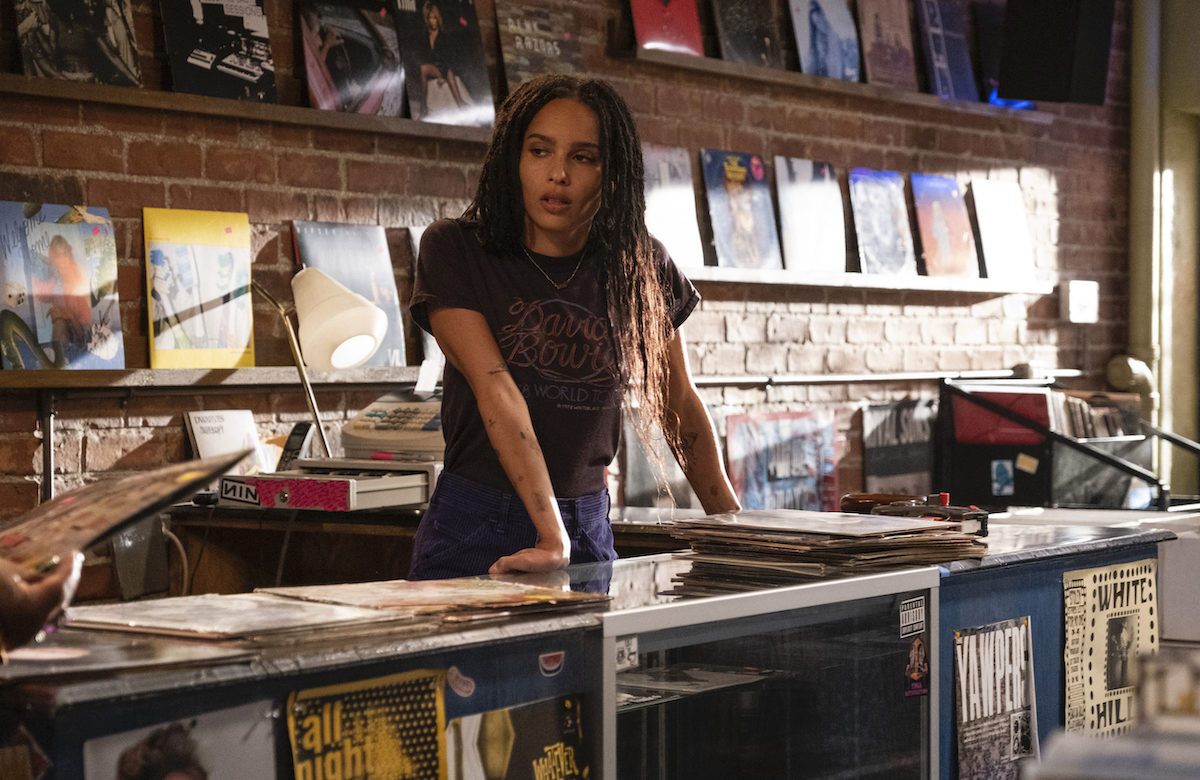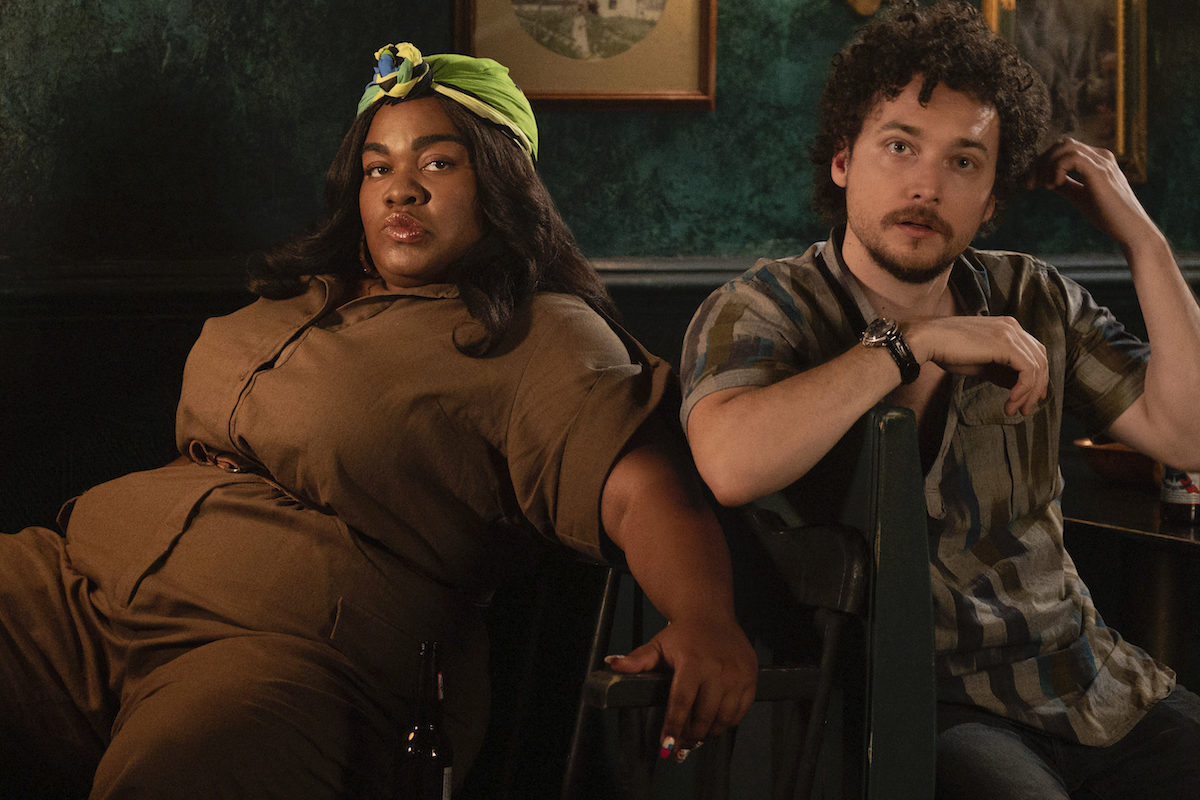Hulu’s High Fidelity Breathes Brilliant New Life Into that Old Record-Shop Schtick
Our spoiler-free review.


Phillip Caruso/Hulu
Note: There are no spoilers ahead, but some discussion of plot.
I’ll admit, when I heard an adaptation of Nick Hornby’s High Fidelity was coming to Hulu, I was skeptical. In high school and college, I thought the 2000 movie adaptation (and the 1995 book as well) was the epitome of cool. In recent years, though, whenever I try to rewatch it, I find I have little patience for John Cusack’s mopey solipsism. Yes, Rob is a self-proclaimed “fucking asshole” but the film doesn’t fully commit to making him unlikeable and his whole apathetic, self-absorbed schtick has worn thin over the years.
This new series, though, is everything I loved about the original book and movie, with so much original life breathed into it that it feels entirely fresh again.
The show follows the same basic plot as the book and movie. Coming off of a painful breakup, record store owner and general misanthrope Rob (in this case gender-swapped and played by Zoë Kravitz) recounts her “desert-island, all-time Top 5 most memorable heartbreaks,” eventually tracking each one down in a quest for closure. That’s the basic structure but the show has built out from there to create something totally its own. And it only gets better the more it branches out into its own territory.
The series makes good use of the extra time that comes with making a full season (but also made a great choice in sticking to half-hour episodes rather than hour-long). Beyond the top five breakups, Rob is also navigating re-entering the dating world, both with an up-and-coming rock star (playing the male counterpart to the role Kravitz’s mother Lisa Bonet played in the Cusack movie) as well as an Excessively Genuine Nice Guy named Clyde (Jake Lacy) who she can’t seem to cut out of her life but also can’t stop accidentally treating like garbage.
There are some other big additions, too, like an episode told entirely from the perspective of another character which ended up being one of the best of the whole season. The show also includes a passage from the book that was cut from the film adaptation, where Rob is invited to buy an obscenely wealthy audiophile’s extensive record collection being sold off by his vindictive ex-wife.
The show throws in a ton of obvious callbacks to classic bits from the movie, which may get old for some, but I enjoyed them–like updating that Beta Band scene or how rather than berate a customer for wanting to buy a copy “I Just Called to Say I Love You” for his daughter (“sentimental tacky crap,” according to Jack Black’s Barry), Rob and her employees have to debate whether they can sell someone a copy of Michael Jackson’s Off the Wall in light of the sexual abuse allegations against him. (It’s hard to make comedy out of such dark material but that’s sort of this show’s whole thing so it works.)
It should also be noted that the show’s soundtrack is absolutely killer. If this were the year 2000 again, I would play this CD until it shattered.

Phillip Caruso/Hulu
The best changes, though, come in the updates to the characters themselves. John Cusack and Jack Black are iconic as Rob and Barry in the 2000 movie but Kravitz and Da’Vine Joy Randolph (Empire) have created characters that stand entirely on their own. David H. Holmes rounds out the record store crew as quiet, somewhat nervous Simon, one of Rob’s heartbreaks who came out as gay while they were together and just stuck around the shop. All three of them are incredibly rich characters, brought to life by pitch-perfect performances across the board. And while you can see where the characters were all influenced by their original counterparts, nothing about any of them feels like retreading or imitation.
The decision to move beyond a record store staffed by three straight white guys is welcome and feels both natural and essential for a story like this. That the show was created by two women (Ugly Betty’s Veronica West and Sarah Kucserka) is evident throughout. It’s also clear that it was created by music lovers, by fans of the original work, and by people who appreciate the art of the cynical romcom.
Want more stories like this? Become a subscriber and support the site!
—The Mary Sue has a strict comment policy that forbids, but is not limited to, personal insults toward anyone, hate speech, and trolling.—
Have a tip we should know? [email protected]
